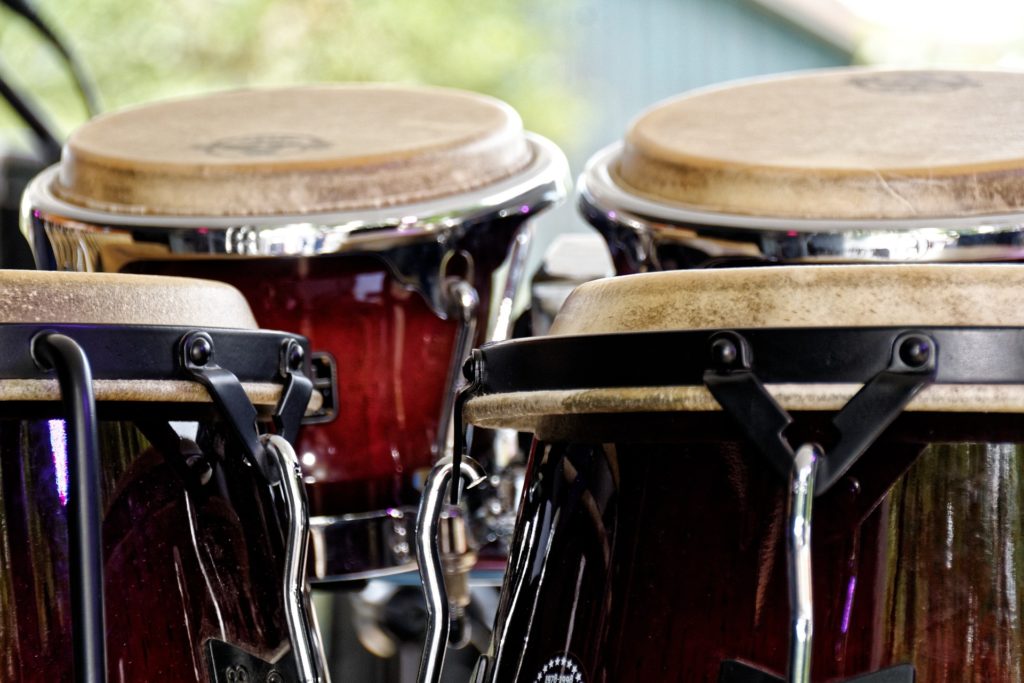
Learning music is the process of acquiring the skills and knowledge necessary to create, perform, and appreciate music. One benefits of learning music is the ability to connect people, evoke emotion, and communicate messages that transcend language barriers. Learning music is not only a fun and rewarding experience, but it also has many benefits for personal growth and development. In this blog post, we will explore the advantages of learning music, answer common questions about the benefits of music learning, and discuss the easiest instrument to learn, teaching music, the Suzuki method, and age to start.
Advantages of Learning Music
Learning music has numerous advantages that can positively impact various aspects of life. Here are some of the key benefits of learning music:
- Increased cognitive function and brain development: Learning music requires the brain to process and retain complex information, which can enhance cognitive function and lead to brain development.
- Improved memory retention and recall: Music is comprised of patterns and structures that require memorization, helping individuals to improve their memory retention and recall abilities.
- Boost in confidence and self-esteem: As individuals learn and master new skills in music, they often experience a boost in their self-confidence and self-esteem.
- Enhancement of fine motor skills: Learning to play an instrument or sing requires precise movements of the fingers, hands, and vocal cords, which can improve fine motor skills.
- Positive impact on mental health: Music has been shown to have a positive impact on mental health, reducing stress and anxiety, improving mood, and even alleviating symptoms of depression.
Benefits of Music
Music has a wide range of benefits that can impact both personal and professional life. Here are ten benefits of music:
- Stress reduction and relaxation: Listening to music can have a calming effect on the mind and body, reducing stress levels and promoting relaxation.
- Increased creativity and imagination: Playing music allows individuals to express themselves creatively and can inspire new ideas and ways of thinking.
- Improved communication skills: Learning to play an instrument or sing can improve communication skills, as musicians must learn to listen and respond to one another.
- Better academic performance: Studies have shown that learning music can improve academic performance, particularly in the areas of math, language, and reading.
- Boost in overall well-being: Music can improve overall well-being by promoting physical, emotional, and social health.
- Increased social skills and teamwork: Playing music in a group setting requires collaboration and teamwork, which can improve social skills.
- Greater cultural awareness and appreciation: Music is a universal language that can connect people from different cultures and backgrounds, promoting cultural awareness and appreciation.
- Development of a lifelong hobby and passion: Learning music can lead to the development of a lifelong hobby and passion that can provide a source of joy and fulfillment throughout life.
- Potential career opportunities: Learning music can open up potential career opportunities in areas such as performance, composition, teaching, and music therapy.
Whether you are looking to improve your mental and physical health, develop new skills, or pursue a career in music, there are countless benefits to learning music.
Is Learning Music Good for the Brain?

There is significant research that suggests learning music has a positive impact on brain development. For instance, a study published in the Journal of Neuroscience found that musicians have larger and more connected brains in areas related to musical skills, such as auditory processing and motor control. Learning music has also been linked to enhanced executive function, memory, and spatial reasoning abilities.
In terms of specific brain regions impacted by music learning, the hippocampus is one region that has been shown to be especially important. The hippocampus is involved in memory formation and retention, and studies have found that learning music can increase the size and activity of the hippocampus. Additionally, the prefrontal cortex, which is responsible for cognitive and emotional regulation, has been shown to be more developed in musicians.
It’s important to note that the earlier individuals start learning music, the greater the potential impact on brain development. The brain is most malleable in early childhood, and exposure to music during this time can have long-lasting effects on cognitive function and brain structure.
Is it Better to Learn with Music?
There are a variety of learning methods for music, and the best approach can depend on the individual’s learning style and goals. The Suzuki method is a popular approach that emphasizes listening and imitation, and is often used for younger children. This method can be effective for developing musicality and ear training, but may not work as well for individuals who prefer a more structured approach to learning.
In terms of mediums for learning music, there are many options available, including in-person lessons, online tutorials, and music learning apps. Each method has its own advantages and disadvantages, and the best option may depend on factors such as cost, accessibility, and personal preferences. For instance, apps can be a convenient and affordable way to learn music, but may not provide the same level of personalized feedback as in-person lessons.
Ultimately, the most important thing is to find a learning method that works well for the individual, and to have fun while developing musical skills and knowledge.
Skills Developed through Music Learning
Learning music involves a wide range of skills beyond just playing an instrument or singing. For instance, playing an instrument requires fine motor skills and hand-eye coordination to manipulate the instrument and create sound. Listening and auditory processing skills are also developed as musicians learn to differentiate between different tones, pitches, and rhythms.
Additionally, music learning requires multitasking and attention to detail. Musicians must often read sheet music while simultaneously playing or singing, which requires the ability to focus on multiple tasks at once. Discipline and time management are also essential, as regular practice is necessary to improve musical skills and progress.
Perhaps most importantly, music learning encourages creativity and self-expression. Musicians have the opportunity to create their own music and interpretations of existing pieces, allowing them to explore and develop their own unique musical voice.
Why Music is Important in Our Life

Music plays a significant role in culture and society, and has the power to evoke strong emotions and memories. From religious and ceremonial music to pop and rock music, there is a vast array of musical genres that reflect different cultural values and experiences.
On a personal level, music can have a positive impact on growth and development. Learning music can boost confidence and self-esteem, and can provide a sense of accomplishment and purpose. Additionally, music can be a way to connect with others and foster relationships, whether through playing music together or simply discussing musical preferences.
Overall, music is an important part of human experience and has the ability to enrich our lives in countless ways. Whether as a hobby, a profession, or simply as a listener, music has the power to bring joy and meaning to our lives.
The Most Important Thing to Learn in Music
When it comes to music, what is considered most important can vary widely depending on individual taste and preference. Some may prioritize technical skill and proficiency on an instrument, while others may prioritize creativity and self-expression.
However, perhaps the most important thing to learn in music is to find enjoyment in the learning process. Whether playing an instrument, singing, or listening to music, music should be a source of pleasure and fulfillment.
One way to make learning music more enjoyable is to start with an instrument that is relatively easy to learn. The ease of learning an instrument can depend on factors such as the complexity of the instrument and the student’s age and skill level. For example, the ukulele is often considered one of the easiest instruments to learn, as it has a simple chord structure and can be played at a beginner level relatively quickly.
By starting with an easier instrument, students can build confidence and feel a sense of accomplishment early on in the learning process. This can motivate them to continue learning and exploring other musical styles and instruments.
In conclusion, while opinions may differ on what is most important in music, finding enjoyment in the learning process and starting with an instrument that is enjoyable and easy to learn can set students on a path towards a lifelong love and appreciation for music.
Conclusion
In conclusion, the benefits of learning music are numerous and wide-ranging. From cognitive development to stress reduction, music has the power to enhance our lives in many ways. It’s never too late to start learning music, whether it’s through formal lessons or self-directed practice.
At any age, music learning can be a fulfilling and enriching experience. With the right resources and guidance, anyone can develop skills and appreciation for music. That’s why our company offers an app that motivates students to practice and provides a supportive community for music learners.
In summary, we encourage everyone to explore the world of music and discover the many benefits that it can offer. Whether it’s through our app or other resources, there are endless possibilities for musical growth and enjoyment.
